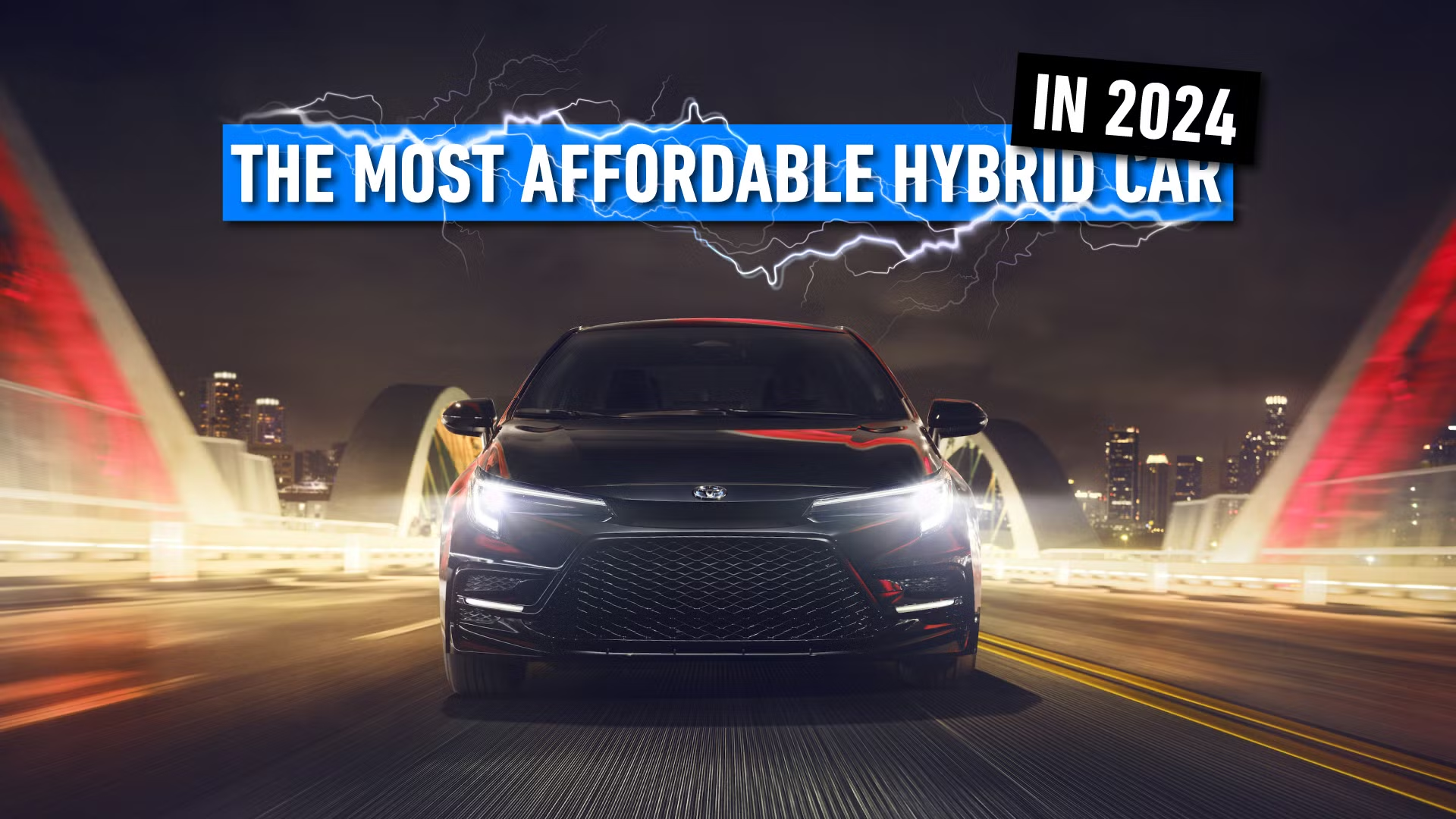Electric vehicles (EVs) are rapidly becoming the norm on roads worldwide, offering a cleaner and more sustainable alternative to traditional gasoline cars. But one question many new EV owners face is: how do I charge my car conveniently and safely at home? Charging at home is not only practical but also can save you money and time. Whether you’re a newbie or looking to upgrade your setup, this guide covers everything you need to know about EV charging at home.
Understanding the Basics of EV Charging
EV charging is all about replenishing your car’s battery by connecting it to a power source. There are three main types of charging: Level 1, Level 2, and DC Fast Charging. For home use, Level 1 and Level 2 are most relevant.
Level 1 Charging: The Simple Plug-In
Level 1 charging uses a standard 120-volt outlet—the kind you have in your home’s garage or driveway. It’s the easiest to set up since it requires no special equipment beyond the charger that comes with your EV. However, it’s also the slowest, typically adding 3-5 miles of range per hour, making it ideal only for overnight charging or low daily mileage.
Level 2 Charging: Faster and More Efficient
Level 2 charging requires a dedicated 240-volt outlet, similar to what’s used for electric dryers or ovens. Installing a Level 2 charger at home can boost your charging speed to about 20-60 miles of range per hour. This means you can fully recharge your EV overnight or during short breaks.
Do You Need a Professional Installation?
For Level 1 charging, no special installation is needed. But Level 2 chargers require proper electrical work to install a 240-volt outlet and ensure your home’s electrical system can handle the load. Hiring a licensed electrician is highly recommended to comply with safety codes and avoid overloading circuits.
Choosing the Right Home EV Charger
Home chargers come with different features—smart connectivity, adjustable charging speeds, and weatherproof designs. Think about your EV model, daily driving habits, and budget when choosing a charger. Smart chargers can connect to apps, allowing you to schedule charging during off-peak hours to save on electricity costs.
How Much Does It Cost to Charge at Home?
Charging at home is generally cheaper than using public chargers or gas stations. The exact cost depends on your local electricity rates and how much you drive. On average, charging an EV at home can cost the equivalent of $1-$2 per gallon of gas, making it highly economical.
Safety Tips for Home EV Charging
Always use chargers certified by recognized organizations, keep the charging area dry, and inspect cables regularly for damage. Avoid using extension cords or adapters not designed for EV charging.
Common Myths About Home EV Charging
- Myth: Charging ruins the battery. Fact: Modern EV batteries have management systems that protect them during charging.
- Myth: I need a Level 2 charger to charge at home. Fact: Level 1 is fine for many drivers with low daily mileage.
- Myth: Home charging is expensive. Fact: It’s usually much cheaper than fueling with gas.
Tips to Maximize Your Home Charging Efficiency
Schedule charging during off-peak hours to benefit from lower electricity rates. Keep your charger updated with the latest firmware if it’s a smart model. Also, park your car in a cool, shaded spot to help the battery maintain optimal temperature during charging.
The Future of Home EV Charging
Wireless charging pads and vehicle-to-grid (V2G) technology, which allows your car to supply energy back to the home or grid, are emerging trends that could soon become mainstream. These innovations promise even more convenience and energy efficiency.
Conclusion: Charging Your EV at Home Made Easy
Home EV charging is a convenient, cost-effective way to power your electric vehicle while maximizing your driving freedom. Whether you start with simple Level 1 charging or invest in a Level 2 setup, understanding your options helps you make the best choice for your lifestyle and budget. With technology advancing fast, home charging will only get smarter and more accessible in the years ahead.
FAQs
1. How long does it take to fully charge an EV at home? It depends on the charger type and battery size—Level 1 can take over 24 hours, Level 2 usually 4-8 hours.
2. Can I install an EV charger myself? Level 1 chargers don’t need installation, but Level 2 chargers require a licensed electrician.
3. Will charging my EV increase my electricity bill significantly? Charging costs vary, but EVs generally cost less to fuel than gasoline cars.
4. Is it safe to leave my EV charging overnight? Yes, modern EVs and chargers have safety features designed for overnight charging.
5. What if I don’t have a garage or driveway? Public chargers, workplace charging, or community charging stations are good alternatives.




